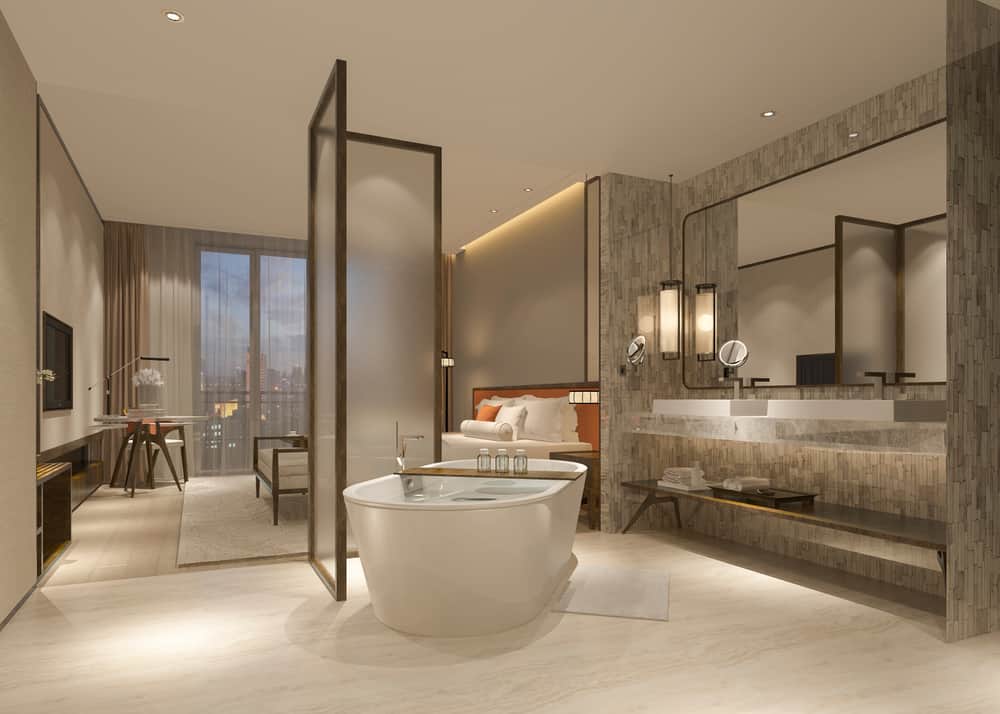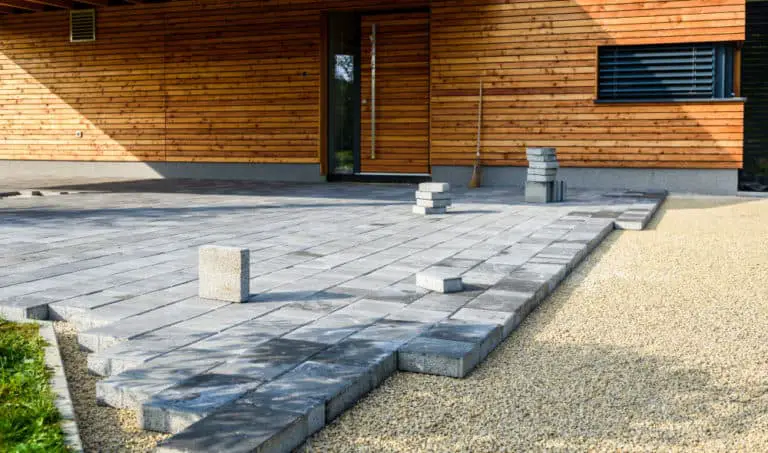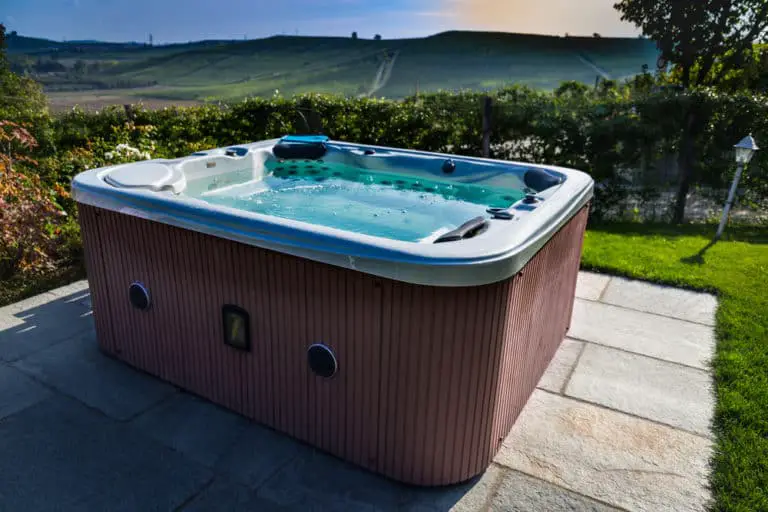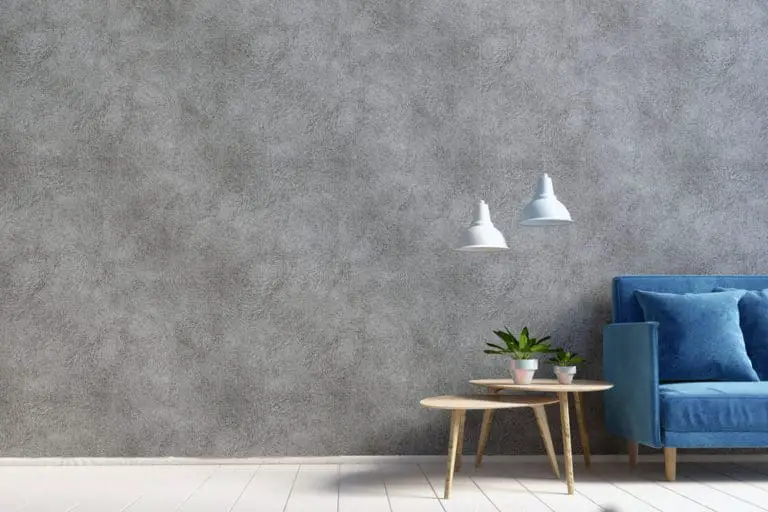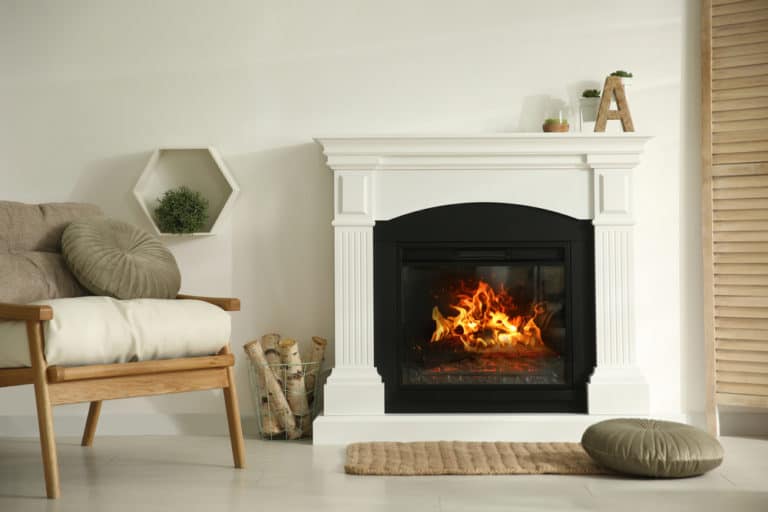Should Every Bedroom Have A Bathroom?
Whether you’re building a new home for your family, buying a home, or renovating an existing home, the ideal number of bathrooms to be included or thought of within the house is a major consideration often debated worldwide. Different trends exist across the world in different regions, and different configurations exist depending on the type of home.
While it can be a relatively common occurrence in luxury homes for every bedroom to have a bathroom, this is not necessary for most homes under normal circumstances. However, there are certain instances where it may be beneficial or necessary for each bedroom to have a bathroom.
The number of bathrooms in any home is generally directly proportional to the number of bedrooms. However, the necessary number of bathrooms will always depend directly on the needs of the home’s occupants and the potential resale value of the property.
Should Every Bedroom Have A Bathroom?
Irrespective of whether you’re building a new home or renovating an existing home, the bedroom-to-bathroom ratios will come up repeatedly. This debate has become far more common in recent years as housing norms have started to change along with the way we build homes in contemporary society.
In older homes, having only one bathroom was a common occurrence. This would even be the case for homes with five bedrooms. The trend of en-suite bathrooms became fashionable only in the 1950s and 1960s, and this was where homes with multiple bathrooms started to become more commonplace.
Naturally, if one bedroom (the main bedroom) were to have an en-suite bathroom, the other occupants of the house would need a bathroom to use that wouldn’t entail them having to walk through the main bedroom. As a result, a second bathroom was usually incorporated that children and guests alike could use.
The trend of three-bedroom houses with two bathrooms began this way, where a couple and two kids would occupy the house. The couple would naturally occupy the main bedroom with the en-suite bathroom. In contrast, the children would occupy the other two bedrooms and utilize the second bathroom.
If the third bedroom in the house is used as a guest room, it may become problematic for guests to share the second bathroom with the children in the house. In cases like these, it starts to make sense to incorporate more bathrooms into a home.
In the abovementioned example, it might make sense for the guest bedroom to have its own en-suite bathroom. The issue with having a bathroom for every bedroom in the house is anybody who is not staying in one of the bedrooms would naturally need to use a bathroom.
This means that despite having a bathroom for every bedroom, you would need to have an extra bathroom accessible to the rest of the house that would not require guests to make their way through a bedroom to access a bathroom.
This is often the case in large, luxurious houses with many bedrooms. These types of houses usually have a bathroom attached to every bedroom and another bathroom or half bathroom near the pool and/or study.
This ensures guests in each bedroom can enjoy the privacy of their own bathroom while ensuring guests not staying overnight will also have the convenience of a bathroom to use.
Larger houses will also usually have another separate half-bathroom near the front door for guests to use without needing to access the areas of the home that contain the bedrooms.
As a general rule, multi-story homes should have at least one bathroom per floor for convenience’s sake. Most two-story homes will have at least one bathroom upstairs with a half-bathroom downstairs consisting of only a toilet and basin.
In a two-bedroom flat where two roommates reside, it would be preferable for each bedroom to have its own bathroom. This will ensure that both occupants of the flat will have complete privacy and their own space.
Can You Have Too Many Bathrooms?
In some cases, bathrooms can become a nuisance if they become too numerous. For example, a large family house with a bathroom attached to each bedroom may become problematic once the children all leave home. The extra bedrooms may become converted into storage spaces, libraries, or any type of room that may not necessitate a bathroom.
In this case, bathrooms can simply become extra, unnecessary rooms that require frequent cleaning.
In some cases, a bedroom could have been converted to a bathroom, which could be a highly undesirable feature for some potential homeowners. Many people would be able to make better use of an extra bedroom than an extra bathroom.
Bathrooms & Resale Value
The number of bathrooms in a home will usually significantly impact its resale value. According to some surveys, most potential homeowners would offer less for a property if bathroom access was limited in any way.
This would include circumstances where only one bathroom was available for the entire household or circumstances where there was no guest bathroom on the home’s ground floor. The same could be said if a house had no bathroom attached to the main bedroom.
In the same way, most people would offer more to purchase a property if it had an en-suite bathroom. An en-suite bathroom attached to the main bedroom gives a significant amount of extra privacy to the occupants of the main bedroom and offers a great degree of convenience.
The addition of a guest bathroom on the ground floor is a major selling point. It will prevent guests from needing to go upstairs into the house’s bedroom areas, potentially infringing on the residents’ privacy.
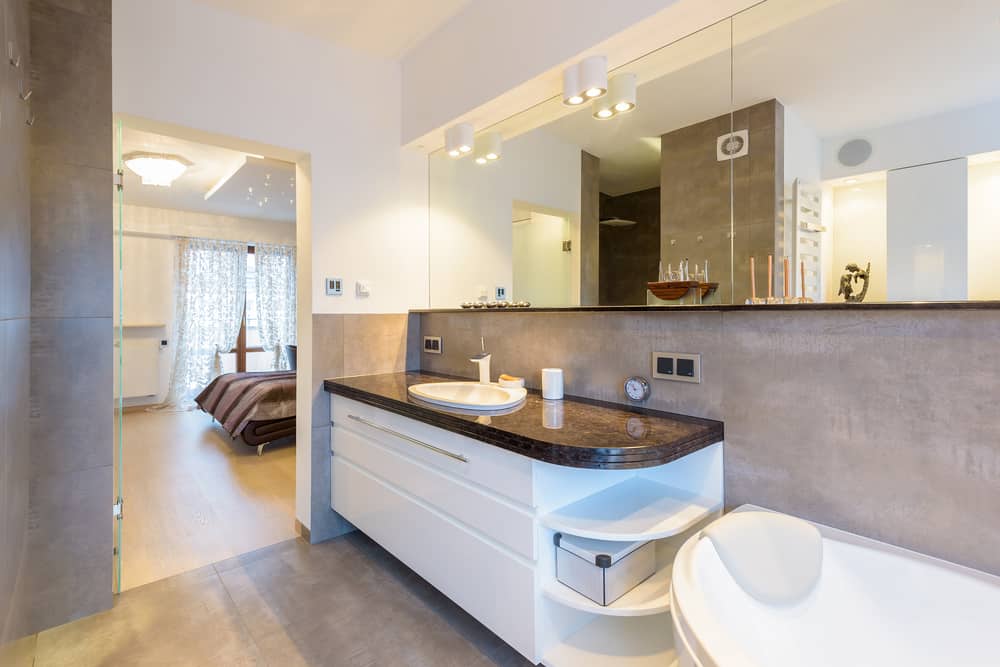
Conclusion
In most homes, every bedroom doesn’t need to have a bathroom. In certain types of homes – such as large, luxury homes on one end of the scale and smaller apartments on the other – the home’s occupants may benefit from having a bathroom attached to every bedroom. Generally speaking; however, a higher number of bathrooms will increase the resale value of the house in question.
Sources
- https://www.hommati.com/blog/how-many-bedrooms-and-bathrooms-should-you-look-for-in-a-home
- https://www.housebeautiful.com/uk/decorate/bathroom/a33023307/bathroom-devalue-property/
- https://www.skyscrapercity.com/threads/how-important-is-it-to-have-an-ensuite-bathroom-to-each-bedroom.1582043/
- https://askinglot.com/should-each-bedroom-have-a-bathroom
- https://www.houzz.com/discussions/5874572/should-i-build-ensuite-for-every-bedroom-vs-guest-bathroom
- https://www.quora.com/Does-every-bedroom-need-a-bathroom

